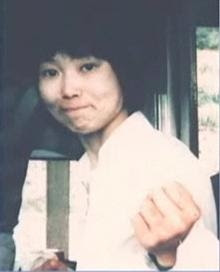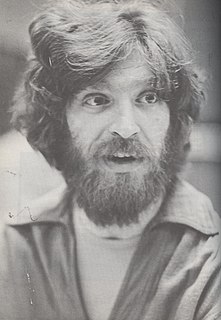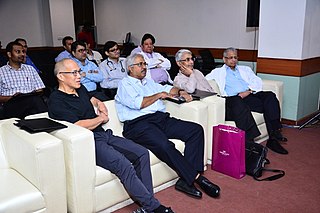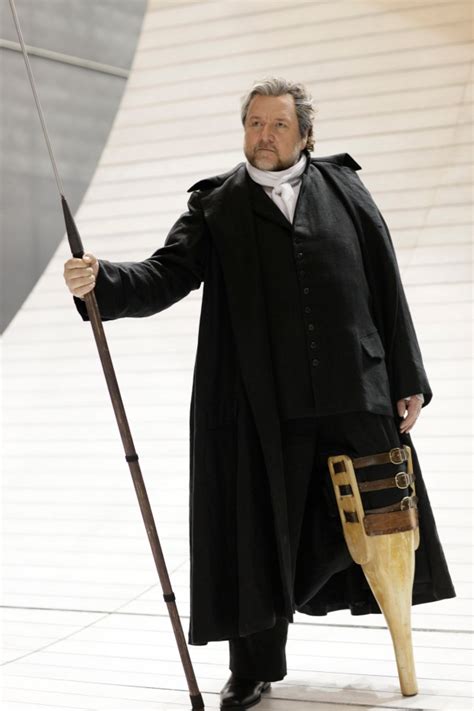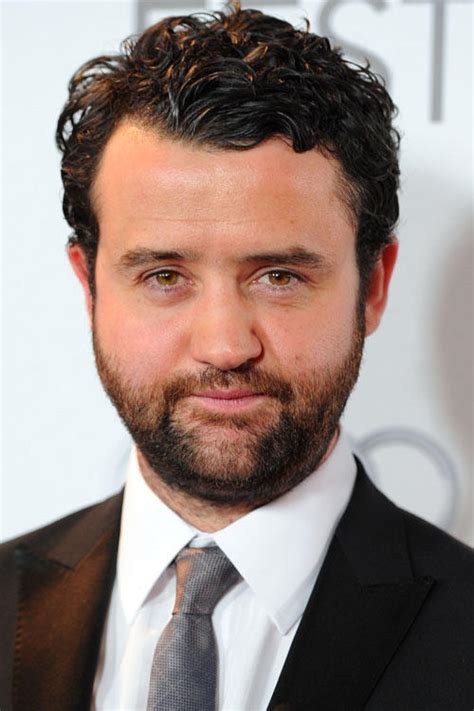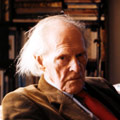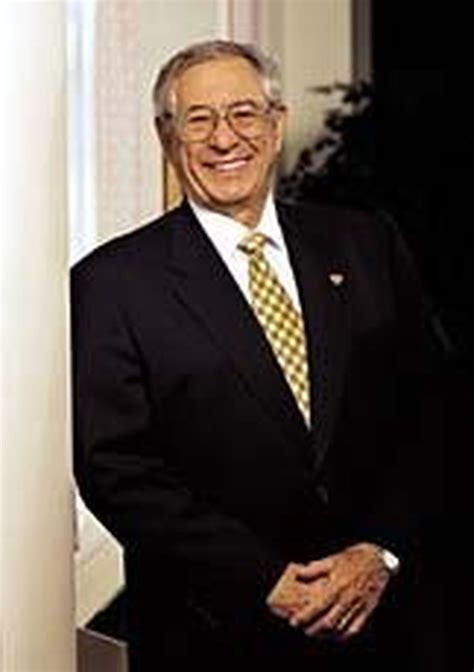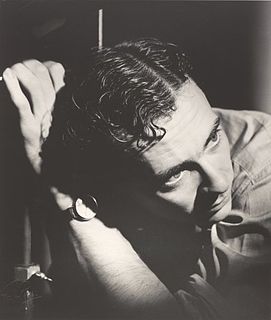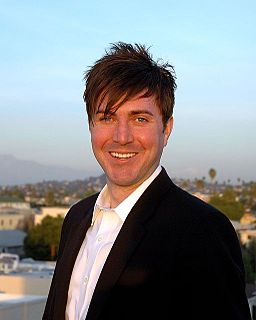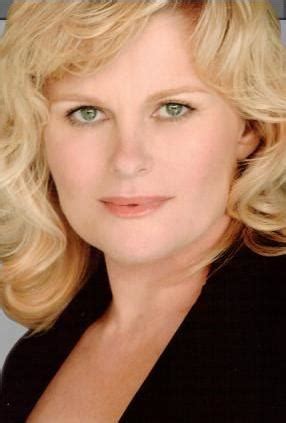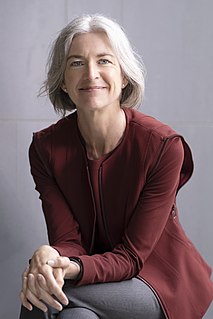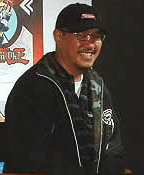A Quote by Aya Kito
But I'm a patient, so I have to focus on recuperation
Quote Topics
Related Quotes
I sustained an injury by singing with the flu during the second performance of Andrea Chenier in Buenos Aires. I was very sick, with chills and sweats, but against my better judgement I let them talk me into singing. Of course I gave the performance everything I had and my voice was hurt. It was scary at first, but fortunately there was no permanent damage. I just had to be patient and wait for the voice to return. It took six weeks of physical recuperation and it took time to recover my confidence as well.
Nurses have new and expanding roles. They are case managers, helping patients navigate the maze of health care choices and develop plans of care. They are patient educators who focus on preventative care in a multitude of settings outside hospitals. And they are leaders, always identifying ways for their practice to improve. Because nurses have the most direct patient care, they have much influence on serious treatment decisions. It is a very high stakes job. Everyone wants the best nurse for the job, and that equates to the best educated nurse.
One can envisage taking cells from a patient with sickle-cell anaemia or an inherited blood disorder and using the Cas9 system to fix the underlying genetic cause of the disease by putting those cells back into the patient and allowing them to make copies of themselves to support the patient's blood.
